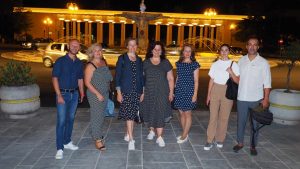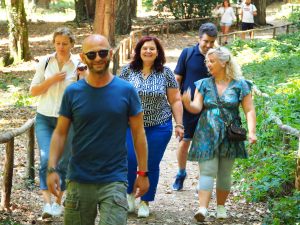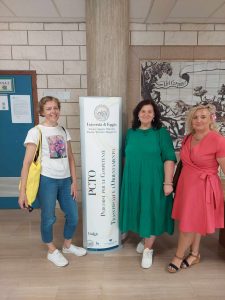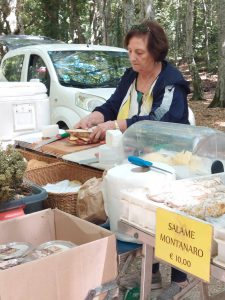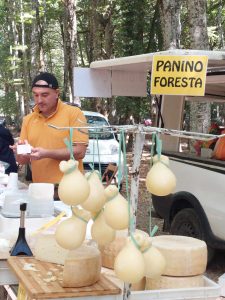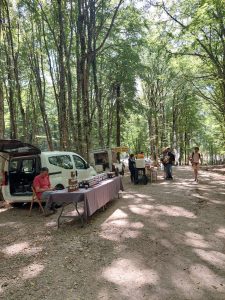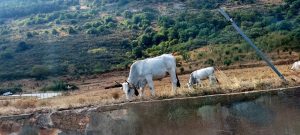GOOD PRACTICES OF GREEN SKILLS DEVELOPMENT
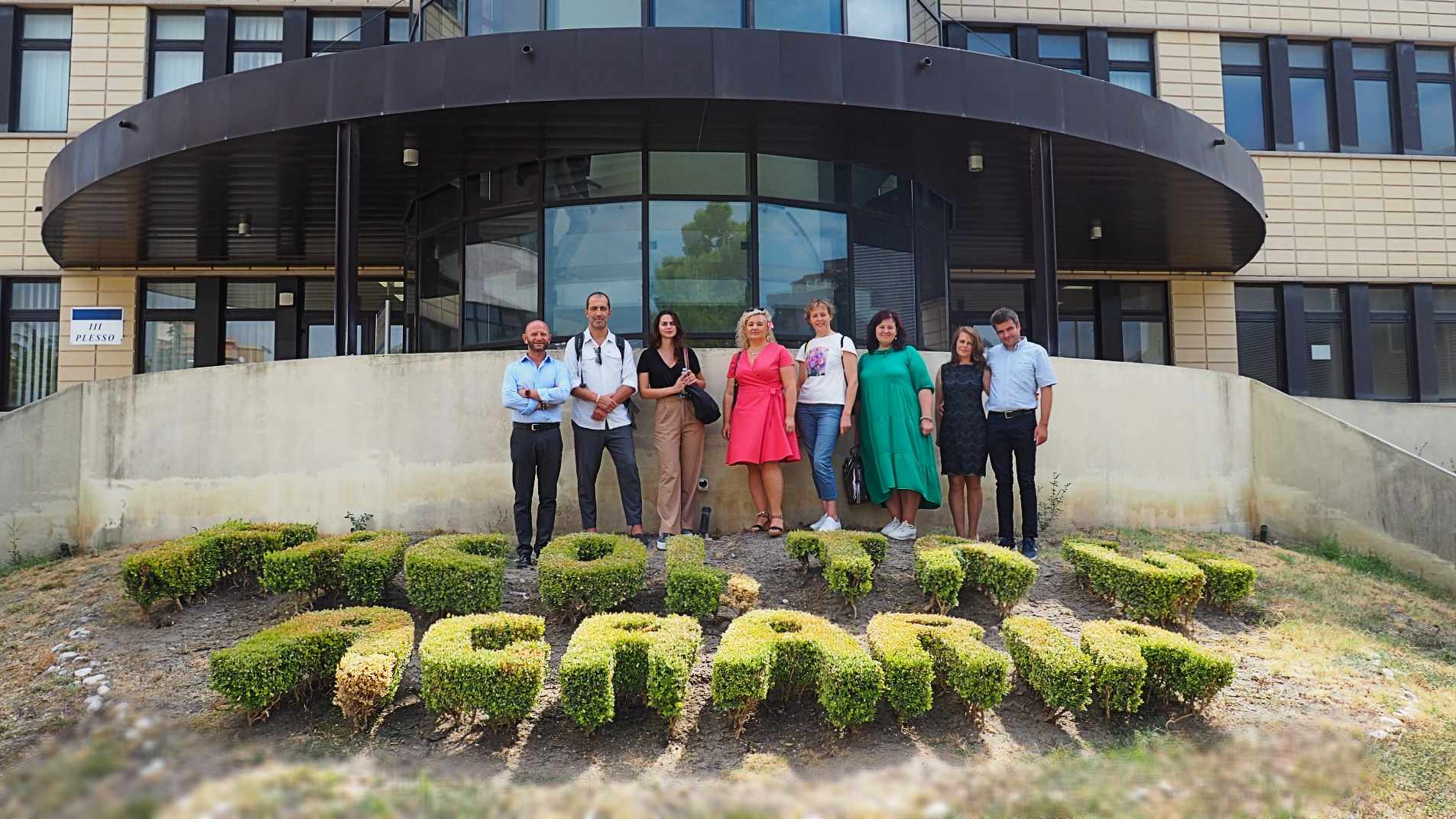
Both researchers and practitioners pay a lot of attention to the search for sustainable, environmentally friendly solutions and their effective implementation. Despite the cultural and economic differences between different countries, it is still easier for scientists to find common agreements on concepts, principles, and tools. In theory, sustainable solutions create competitive advantages for both companies and regions. However, the implementation of green solutions in practice faces different challenges in each country. And their implementation is already becoming more individualized, depending on the natural, economic, cultural and social characteristics of the country or region.
Vytautas Magnus University Agriculture Academy Bioeconomy Development Faculty Researchers prof. dr. V. Atkočiūnienė, assoc. prof. dr. G. Vaznonienė, lecturer dr. I. Kazlauskienė, assoc. prof. dr. J. Zaleckienė and lecturer A. Aleksandravičius participate in the implementation of the international ERASMUS+ project ” Strengthening Key Competencies in Agriculture for Value Chain Knowledge” (2021-1-EL01-KA220-HED-000023289). Faculty researchers – contribute to improving the skills of target beneficiaries (agricultural producers, students) by implementing and promoting the concepts of circular agriculture and green growth.
Project partners: Panepistimio Aigaiou (Greece), Association for Internationalization of Education and Science (The Republic of North Macedonia), Asociația de Dezvoltare Intercomunitară Harghita (Romania) and Distretto Agroalimentare Regionale Scrl (Italy).
7-8 of September took place meeting of project partners in Italy, University of Foggia (Italy). During the meeting, the results of the 4th stage of the project were presented and the guidelines for further work were discussed, the research laboratories and the library were visited. The participants of the meeting got better acquainted with the economic activities, natural, agricultural and tourism resources of the Italian province of Foggia, which are being developed by strengthening cultural identity and achieving sustainability.
More than 59 million of the population, of which about 10 percent consists of villagers living in Italy. About 3.8 percent of all employees work in agriculture, they develop about 1145 thousand farms. Small farmers’ farms predominate, as in many EU countries, and there is an aging trend of farmers. The number of organic farms in Italy is one of the largest in Europe. According to this indicator, Italy is fourth among EU countries and eighth in the world. According to Eurostat, certified organic areas in Italy accounted for 15.2% of the total area. Italy’s organic areas have been growing since 2012 and their number almost doubled during the 2000-2018 period.
Farmers sell products grown in Italy through different channels, both to processors of agricultural production and through agricultural cooperatives. Direct sales at farmers’ farms or open-air markets are very popular in this country. We had to visit one during this visit to the Umbra forest. This forest is a nature reserve, a protected area of the Gargano National Park. Due to its high biological and ecological value, since 2017 it has been included in the UNESCO heritage.
The implementation of sustainable solutions is relevant not only in agriculture, but also in other areas of economic activity. Tourism is one of the most important branches of the Italian economy. During the visit, the sea resort of Vjeste was visited, which received Blue Flags for the purity of its waters. This city is quite far from the big Italian cities. This allows us to say that it is possible to implement sustainable solutions in remote, smaller towns and rural areas over a long period of time, but it is quite difficult to implement it in larger places visited by tourists en masse. But this is a problem for the whole world, not just Italy.
After the project partners meeting, it was confirmed once again the significance of the project results of the set of tools, which is being prepared to help farmers, students and other interested parties achieve their professional goals, develop green skills, implement modern technologies and best practices, optimize production processes in the context of sustainability. The training program and tool guide will be developed based on the analysis of the needs and situation of the participating countries, applying the value chain method, in order to strengthen the links between tourism and agriculture, and help agricultural producers to farm more efficiently and sustainably.






